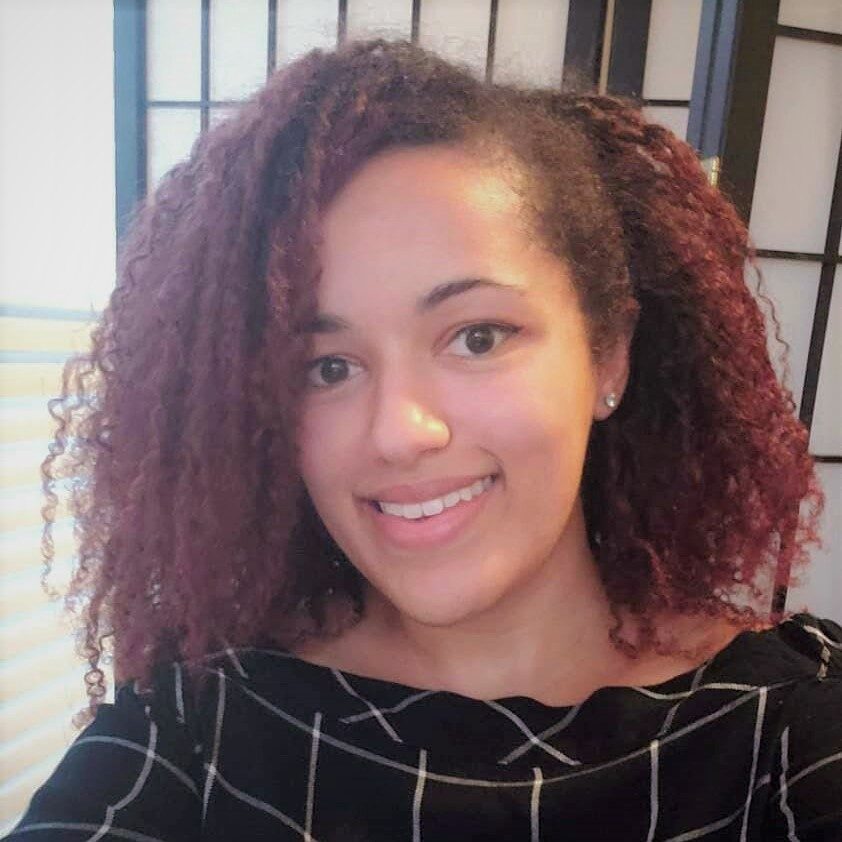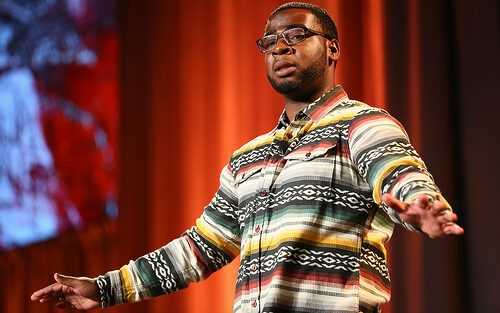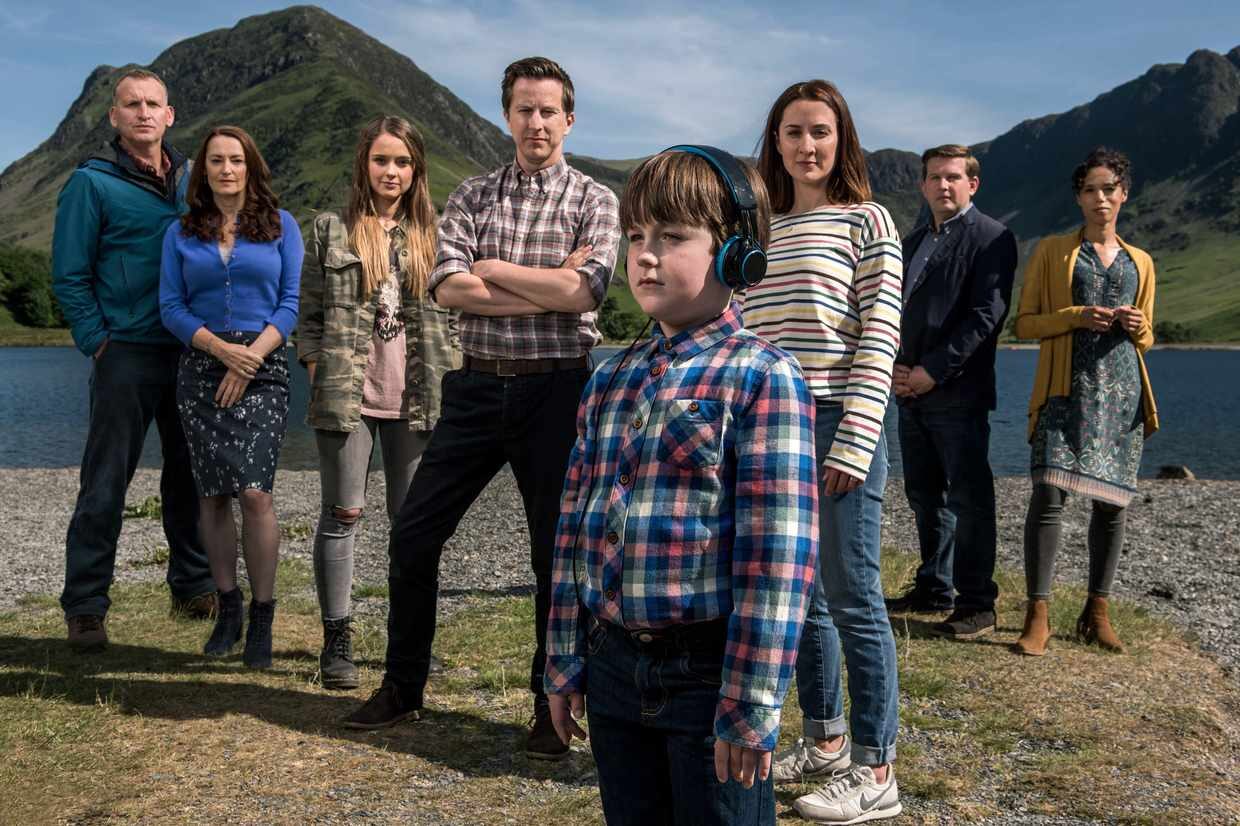Non-autistic people harbor assumptions about autistic people, whether they’re aware of them or not. And those biases can get in the way of autistic people being included both socially and professionally. We talked with Desi Jones, a Doctoral Student at the University of Texas at Dallas, whose recent paper Effects of autism acceptance training on explicit and implicit biases toward autism examines how autistic acceptance efforts both succeed and fail in addressing stereotypes about autism, and what this means. We also discussed her work on structural racism in autism research, and how institutions can do better by their autism researchers of color—and why that doesn’t merely mean recruiting more POC. Photo courtesy Desi Jones [image: Desi Jones, a smiling Black woman with curly shoulder length purple-tinged hair.] TPGA: Can you tell us about your background, and what drew you to autism research? Desi Jones: I double majored in Neuroscience and Psychology…
Tag: stereotypes
Functioning labels do not always relate to people’s real skills and can be based on hurtful stereotypes about autistic people. They also assume that people’s skills cannot change over time.
The Main Cast of The A Word [image: A white British boy wearing headphones and looking to the side. Behind him are grouped five white adults, one white teen girl, & a black woman] Sarah Pripas Kapit @SarahKapit The most important thing to know about BBC’s drama The A Word is that it both is and is not a story about autism. On a basic level, The A Word is very much an autism story. The show’s first season told the story of the Hughes family as their young son Joe (Max Vento) was diagnosed with autism. In the second season—the focus of my review—the family continues to navigate life. Given this premise, it is remarkable how many of the show’s scenes have little or nothing to do with autism. The Hughes family, who live in rural Northern England, have a seemingly unending litany of interpersonal dramas: the marital strife,…
TPGA is observing Autism Acceptance Month by featuring accounts from autistic people about the differences accommodations (or lack thereof) make in their lives. Today we’re interviewing autistic author Corinne Duyvis about her new science fiction novel On The Edge of Gone, in which a biracial, autistic, cat-loving teen girl is forced to fight for the accommodations she needs during a post-comet strike apocalypse — and if she’s going to make it on one of the spaceships that may be humanity’s only hopes for survival. [image description: Book Cover: Teen girl with her back to the camera, in front of an urban landscape with departing spaceships. Superimposed text reads “On The Edge of Gone, Corinne Duyvis.”] Thinking Person’s Guide to Autism (TPGA): On The Edge of Gone’s main character is Denise, a Dutch autistic teen girl trying to survive what very well may be the end of the world. Dystopian narratives…
TPGA is observing Autism Acceptance Month by featuring accounts from autistic people about the differences accommodations (or lack thereof) make in their lives. Today’s story is from Kathryn Hedges, about how noisy environments can disrupt her ability to process and function. Kathryn Hedges www.khedges.com I don’t fit the autistic stereotypes people learn from “autism awareness” campaigns: I’m an adult female who can converse with you (most of the time) and live independently with fewer supports than the average non-autistic person. (At least based on the number of times a week people tell me their friends or family did XYZ for them so why don’t I ask mine for help.) I’ve worked hard as an adult to learn social skills, which helps hide my autism and give me a veneer of “high functioning” over my interior “low functioning” with sensory issues and emotional regulation. One of the most disabling aspects of…


